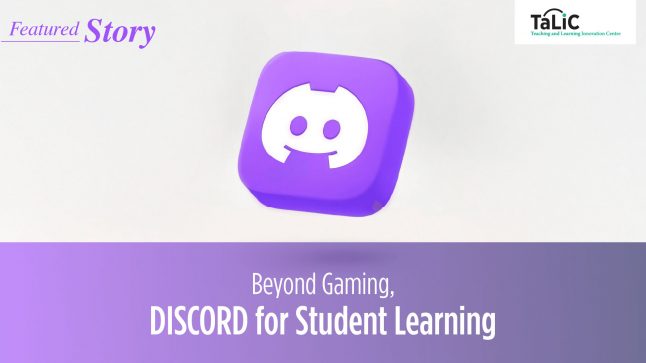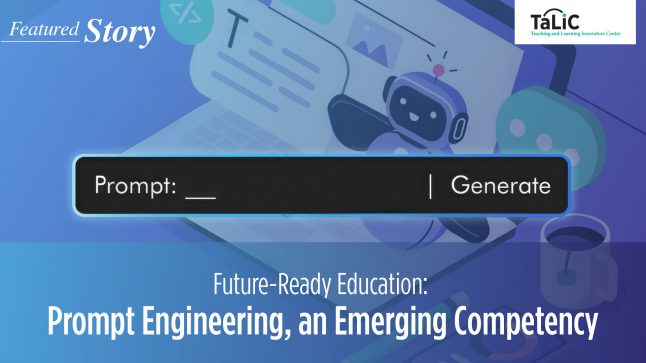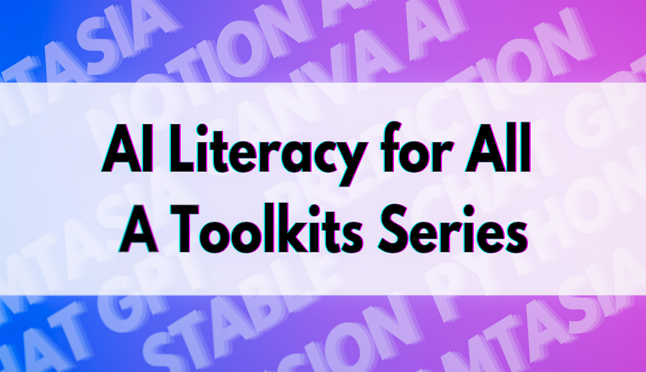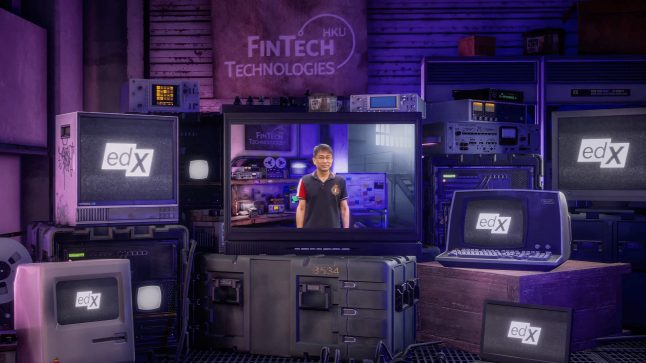
When was the last time you enjoyed learning so much that you couldn’t stop doing practice questions and reviewing your lecture notes? If it’s hard to recall, that’s because for most of us, moments like these are rare and sparse. However, let’s be honest – it’s probably not difficult for us to identify the last time we couldn’t stop ourselves from watching YouTube videos or going through our Instagram feed. Why is it that our experience in consuming learning content is so drastically different form our experience in consuming social content? On the flip side, if there were elements of social content in our learning, would it make our learning more enjoyable?
With the rise of online learning platforms and accessibility to connectivity and on-demand content, our society’s repertoire in online education content has also expanded rapidly. Though the contents are more accessible, without the appropriate tools and activities, sometimes it’s easier to disengage in online education due to the lack of student interaction. In fact, the typical low completion and engagement rates of MOOCs are a telling indicators of the lack of intentionality in online education.
So why does this gap exist? When we take a step back to look at traditional face-to-face learning, we also observe this trend, where there is an observable lack of student engagement in the common lecture-centered model. This goes to show that the root problem is not so much the delivery (online versus face-to-face), but rather the design and intentionality of incorporating right tools and learning activities on the educators’ part.
In a learning context, there are two dimensions of interaction – one is social interaction with the instructor. This facilitates the learning process on the communication level. Studies have shown that having a socially engaging context to learn enhances the learners’ experience and their development in transferrable skills such as critical thinking and problem solving. Think about it – we probably learn much more from a debate with our friends about whether Apple or Android is better than from looking up a bunch of specs online. Why? Because social interaction enhances our ability to respond to stimuli, thus facilitating learning. In an online learning context, incorporating components of social interactions can also enhance students’ learning, such as discussion forums, peer assessment and feedback processes.
Another dimension of interaction is the interaction with the content and application of the knowledge being taught. “Learning by doing” is crucial in the learning process. Imagine a child learning the concept of addition theoretically without being given a scenario to count. The theories and concepts will get lost in a bunch of numbers rather than being retained. Thus, opportunities to engage and apply the content knowledge is crucial in learners retention and understanding of the subject, especially in fields such as mathematics and sciences where conceptual theories must be made applicable in real-life contexts.

In face-to-face learning environments and online contexts alike, it is critical to incorporate components of both levels of interaction. For online learning, when technological tools are applied effectively, even the most difficult mathematics and science fields can be conquered by learners. The new TELI course “Engineering Calculus and Differential Equations” uses the interactive tool Geogebra to help learners practice mapping their solutions to complex equations and receive feedback on the spot to learn dynamically.











